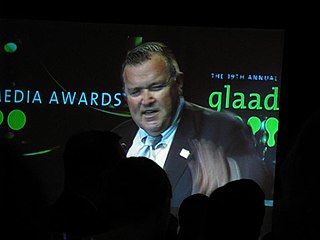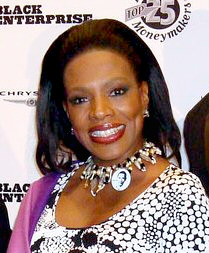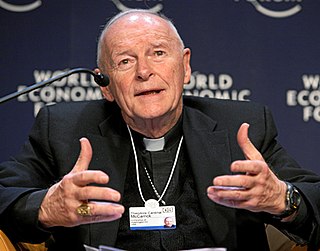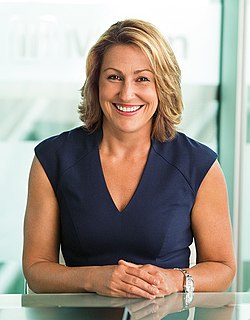A Quote by David Mixner
Those who are trying to remain healthy with HIV/AIDS are in the most vulnerable period of their lives; that's no time to leave them without access to care.
Related Quotes
An AIDS-free generation would mean that virtually no child is born with HIV; that, as those children grow up, their risk of becoming infected is far lower than it is today; and that those who become infected can access treatment to help prevent them from developing AIDS and from passing the virus on to others.
I spent the past week here in India getting a sense of the reality of HIV and AIDS in people's lives. Fathers and mothers are dying, leaving children with no support. Stigma and discrimination is ruining the family lives. There is an urgent need for education, information, and increased awareness of HIV and AIDS. The response needs to be now. We cannot afford to become fatigued.
ACT UP was trying to explain to Americans that AIDS could affect all of us: that health care that ended once your disease was expensive could affect more than gay men with HIV or AIDS. We were trying to tell them about the future - a future they didn't yet see and would be forced to accept if they failed to act.




































